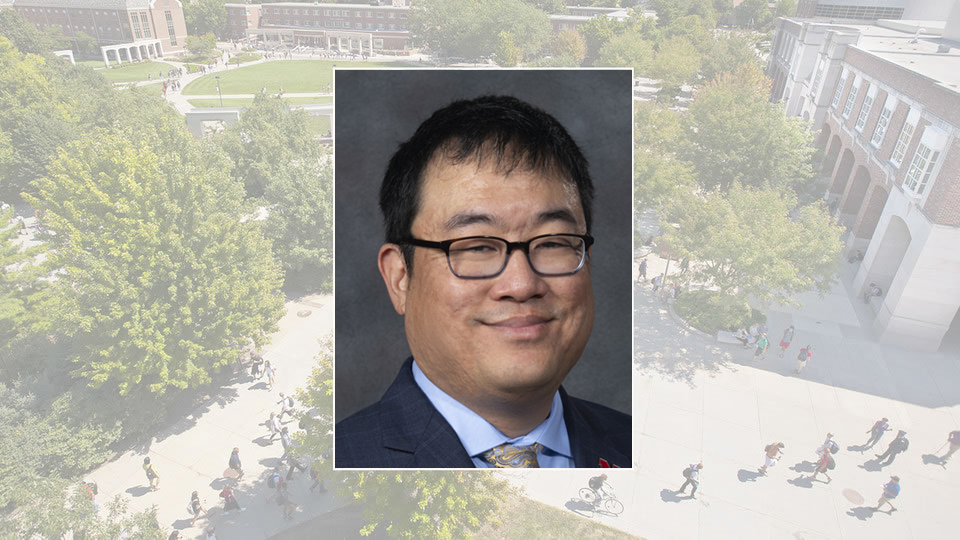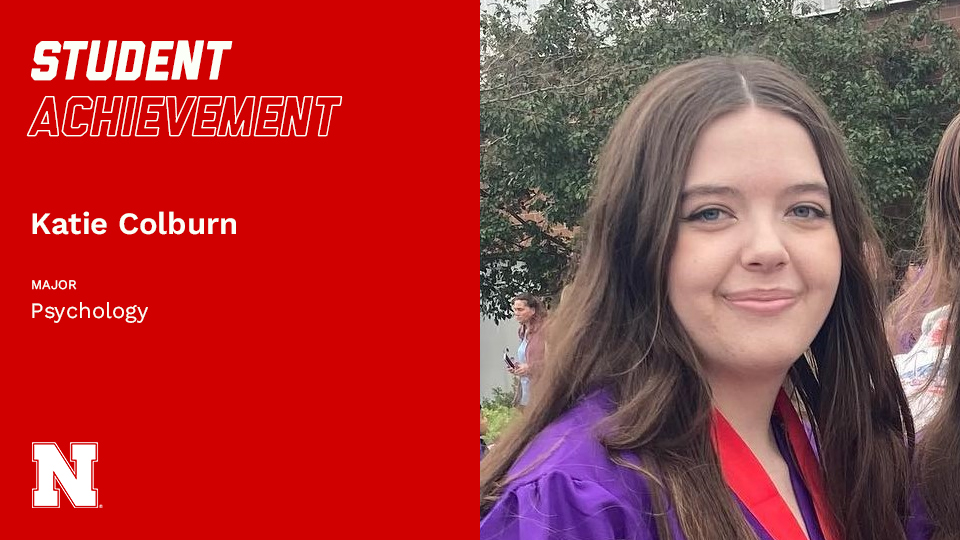
Ken Wakabayashi, assistant professor in the Department of Psychology and a project leader with the Rural Drug Addiction Research Center, and colleagues, have found that Gamma Aminobutyric Acid (GABA) neurons in the brain's reward circuit that connect the ventral tegmental area to the nucleus accumbens tunes the brain's ability to learn about rewards.
"Up until now, we didn't know whether certain GABA neurons in the brain's reward circuit controlled the desire to pursue a cue associated with a reward, or learning about the value of the reward predicted by the cue," Wakabayashi said. "What we know so far is that activating different GABA neurons in this reward circuit may impact different processes."
Published August 28, 2020 in Biological Psychiatry, the study found that activating the GABA projections to the nucleus accumbens improved the ability of the brain to assign a new value to a reward-predicting cue when the size of the reward was unexpectedly decreased. Wakabayashi said that the data suggests that these GABA projections, in particular, may play an important role in human diseases like drug addiction and obesity.
The research team also included Caroline Bass, associate professor of Pharmacology and Toxicology at the University at Buffalo; Malte Feja, postdoctoral researcher of Pharmacology and Toxicology at Buffalo; Martin Leigh, research technician at Buffalo; Ajay Baindur, undergraduate student at Buffalo; Mauricio Suarez, postdoctoral fellow at the Clinical Research Institute on Addictions; and Paul Meyer, associate professor of Psychology at Buffalo.



